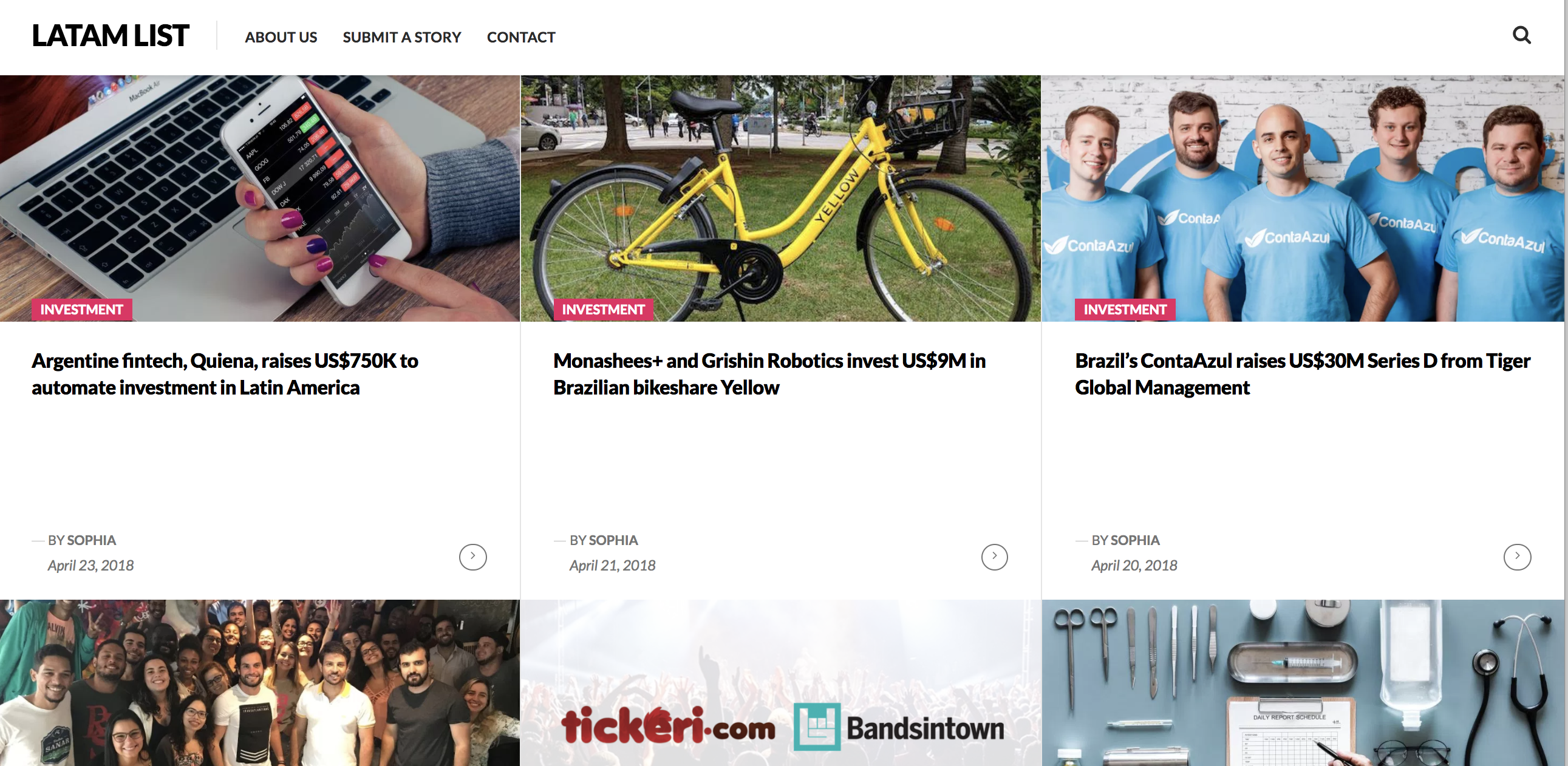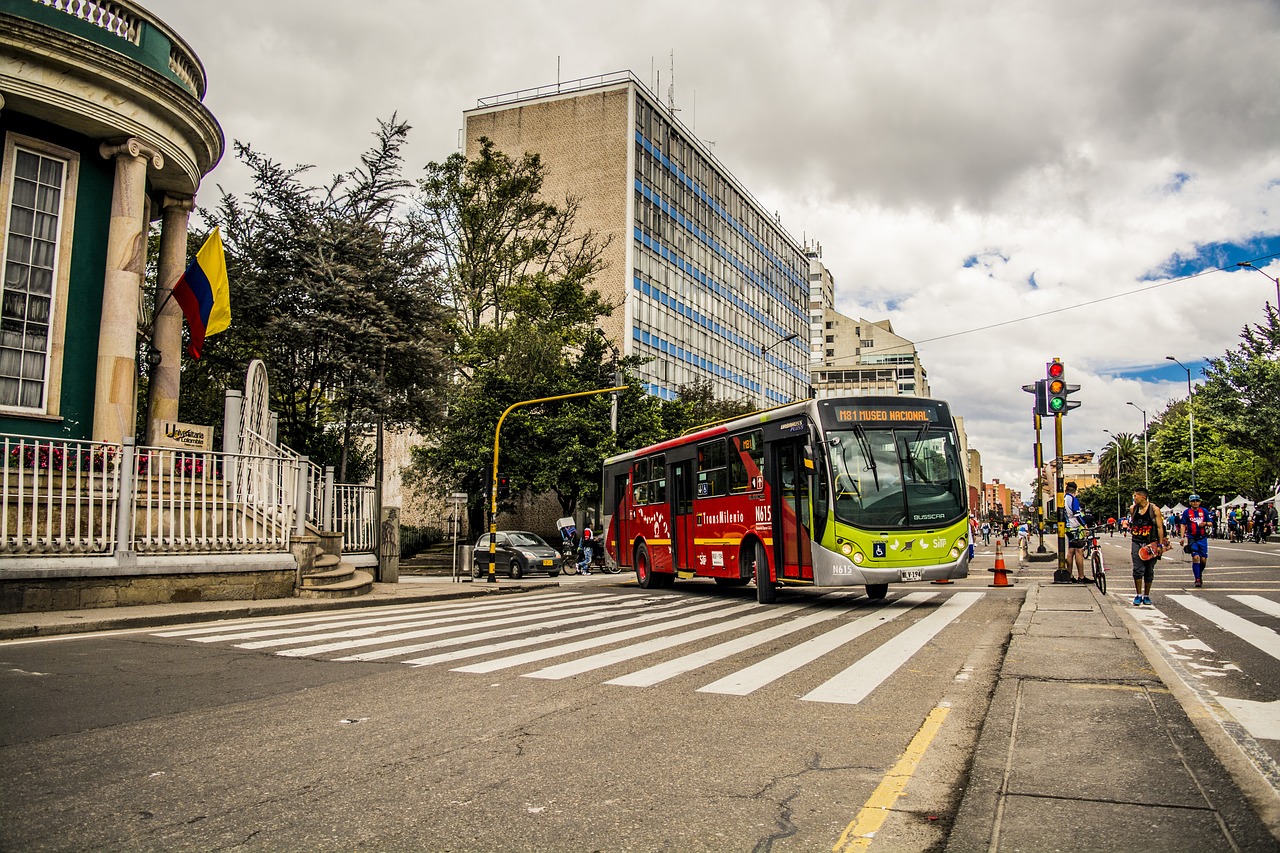Latin America is the world’s second fastest-growing market for mobile subscribers, after Sub-Saharan Africa. In a region of approximately 640 million people, there are already 415 million mobile phone users, over half of which (more than 200 million) are smartphone users. By 2020, predictions say that 63% of Latin America’s population will have access to the mobile Internet.
This news is crucial for both large global mobile providers and local tech companies. Latin America has proven to be extremely adaptable, adopting new technologies quickly and leapfrogging over older systems, such as landlines, entirely.
Brazil and Mexico already rank 3rd and 5th in the world for the most Facebook subscribers. In the Dominican Republic and Bolivia, mobile app usage is growing at 116% and 155%, respectively. As a whole, Latin America’s immense mobile growth presents a huge opportunity for businesses targeting the mobile market.
Why is Latin America experiencing so much mobile growth?
In 2015, Wharton published an article pegging Latin America as “the next big mobile battleground,” back when only 32% of Latin Americans had a smartphone. That article predicted that up to 50% of the region would be accessing the Internet via mobile devices by 2020. However, it is only 2018, and already more than 50% of Latin America’s mobile users are using smartphones to access the Internet. (more…)



